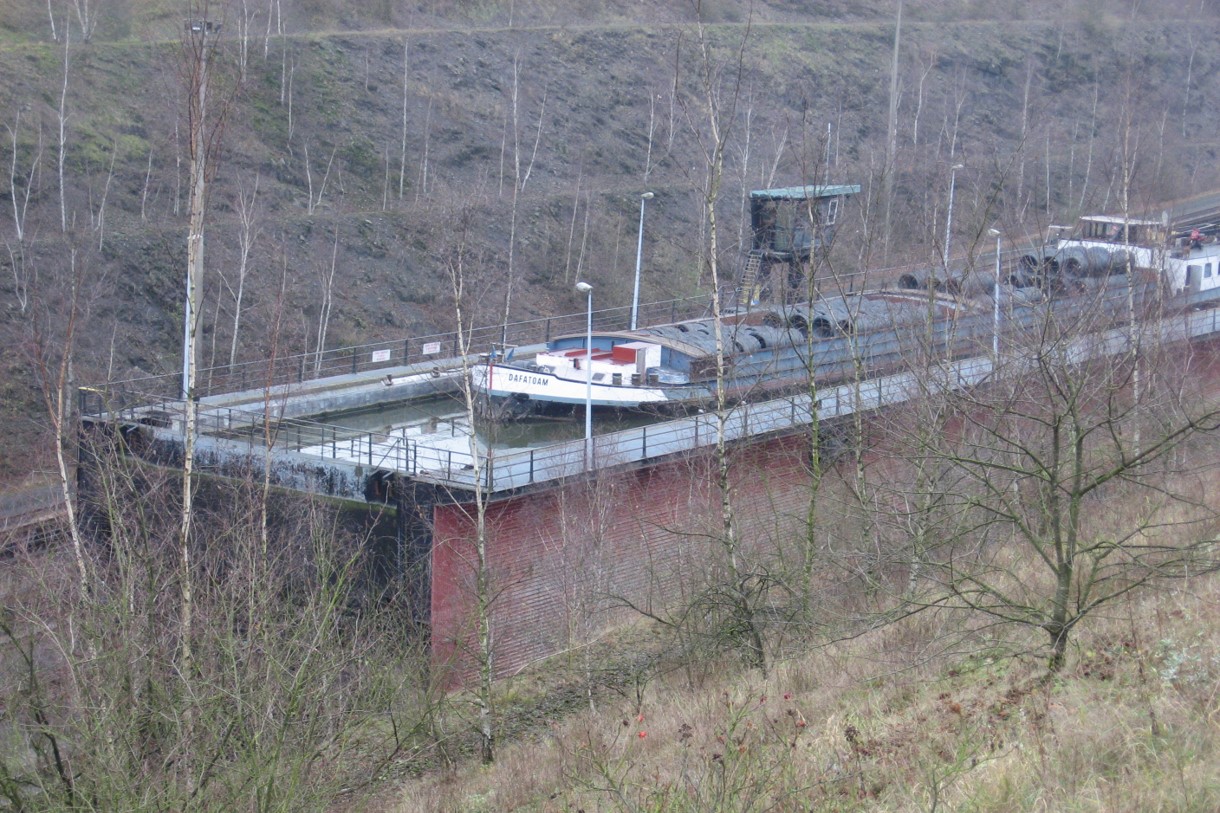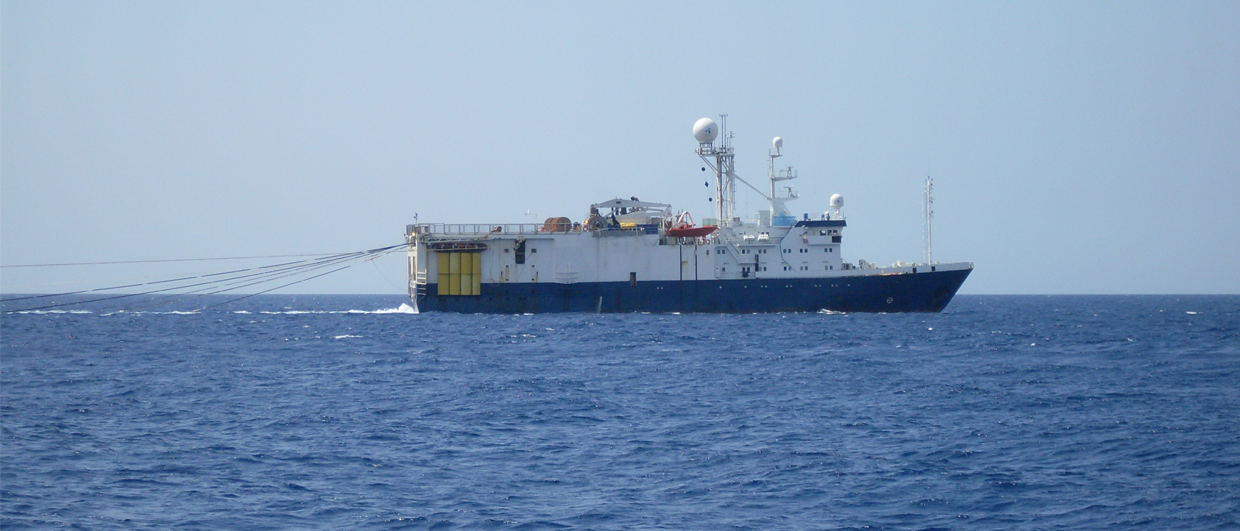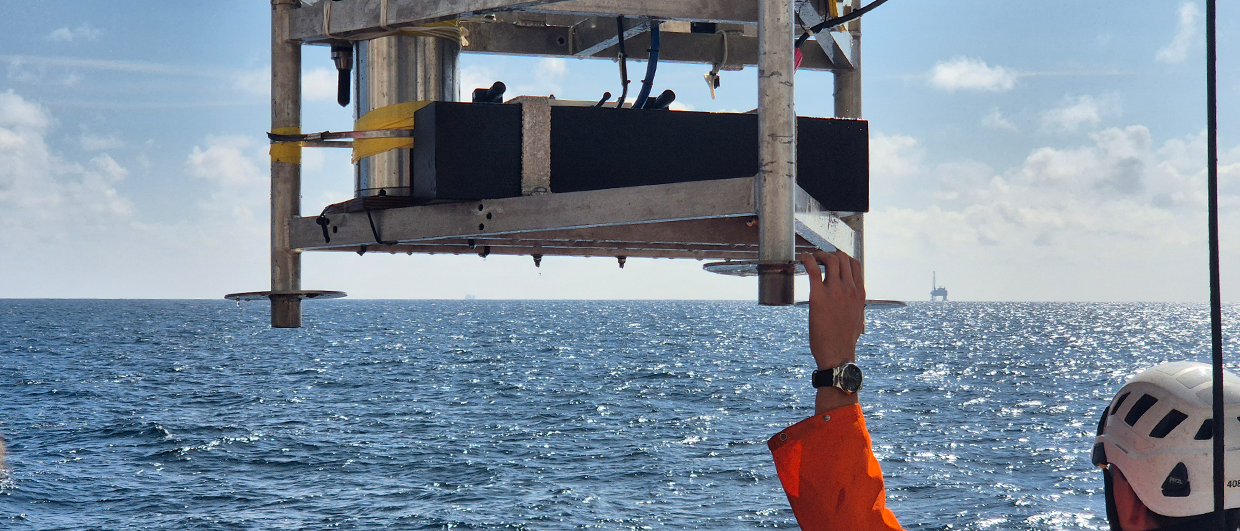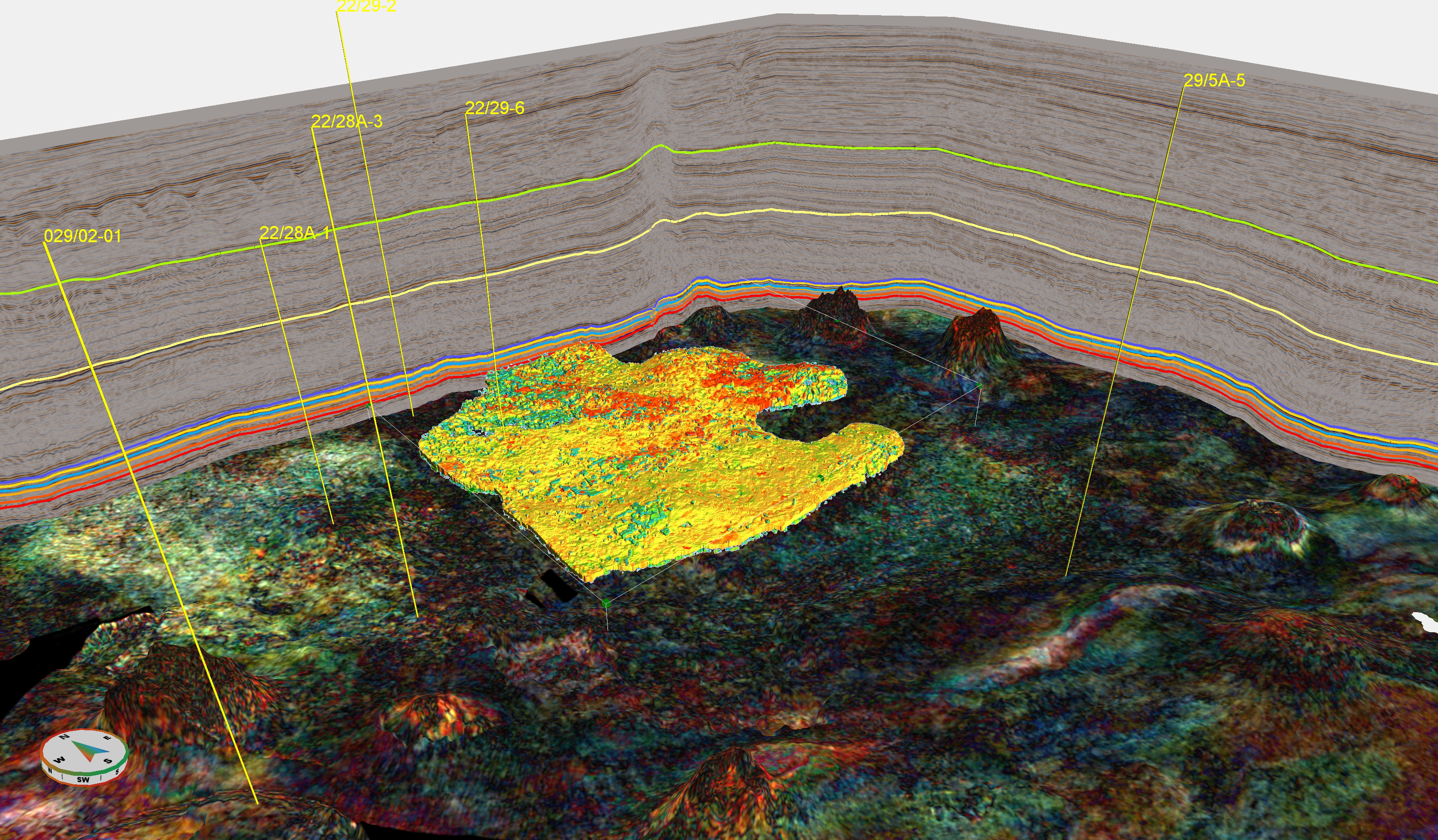Do you like networking? It’s always a bit daunting to step out of that comfort zone and join a group of people you never met before. This week I joined a digital table at a digital conference. It was literally a table on my screen with chairs around it, and I could click on one of those chairs to be seated and join the conversation with the folk already there. It was new to me, but it was actually quite good!
The conference was entitled the #Future of Geoscience, organised by Tom Backhouse. It was a great opportunity to discuss the role of Geosciences in the future and to meet some really interesting people from all over the world and hear about their – sometimes – unexpected insights.
In that respect, an interesting observation came from Joana Rodrigues in Portugal. Whilst there is a debate ongoing in the UK on the lack of geology lessons in primary and secondary school curricula, Joanna suggested that in Portugal the lack of take-up of geology students at university seems to be caused by an overkill of geology at primary and secondary levels!
Talking about digital conferences, our team in Norway is very busy preparing for the upcoming NCS Exploration – Recent Discoveries digital event in less than two weeks’ time (14-15 Oct). Filming took place this week and there was a genuine buzz around the process! Exploration teams can now join from their HQ and watch how recent discoveries unfolded. You can register for the conference here.
Lots happening in Norway
This week we saw a lot of subsurface news from the Norwegian sector. First, Equinor announced the development of the major Breidablikk field, then the positive results of the Swisher exploration well were made public, followed by the production update for Edvard Grieg and the drilling of eight additional wells on Tor.
Dutch offshore – no more drilling
Some good news from the Dutch offshore sector this week, where Wintershall Noordzee announced the successful completion of the D12-08-S1 well in the Dutch offshore. This well will produce gas from the Sillimanite South field.
However, as the company emphasized in the same press release, drilling activity on the Dutch Continental Shelf has now come to a grinding halt. Wintershall Noordzee urges for the implementation of better framework conditions in order to encourage exploration and ensure that domestic production of oil and gas can be sustained.
At the same time, exploration continues onshore the Netherlands, but not for oil and gas…
Ireland – the debate goes on
On Monday, Tom O’Brien from Irish explorer Nephin Energy published an article in the Irish Independent, highlighting the risks Ireland exposes itself to when increasing the reliance on future gas imports from the UK. As highlighted in the article, around the same time as the decision by government to ban gas exploration in Irish waters, UK Energy regulator Ofgem announced that it will increase the costs of importing gas from the UK.
In that light, the announcement yesterday that Irish explorer Providence Resources aims to accelerate the development of their flagship Barryroe field was hailed as a welcome move and a great opportunity to at least dampen the effect of reliance on imports.
How good are you in predicting the outcome of a wildcat?
In a new and thought provoking article published in the Journal of Petroleum Geology this week, author Alexei Milkov from the Colorado School of Mines debunks some ideas around experience and level of technical required for successful drilling.
From a survey of 104 respondents, he showed that the number of years of experience resulted in only slightly better correlation with increasing quality of forecasts. Also, people technically familiar with prospects made, on average, worse exploration forecasts than those who studied only the limited publicly available information provided with the survey. This is food for thought!
New technology
In a press release from Aberdeen University this week, researchers from the School of Engineering report on a new method being developed that harnesses nanotechnology to enhance the production efficiency of cyclic gas wells. The aim is to improve foam performance as a method of artificial lift, which has potential to be a cost-effective means of significantly increasing recovery from low pressure, water loaded gas fields.
Don’t forget Belgium
Last week I promised an article on the Belgian offshore. It is ready, but I needed to secure a good image to go with the article as well as communicate a bit more with Kris Piessens from the Royal Belgian Institute of Natural Sciences. Whilst you are waiting for the article, I thought it would be interesting to use a picture I took years ago from the Ronquières ship lift south of Brussels. This impressive feat of engineering cuts through folded Silurian foreland basin deposits of the London Brabant Massif one of the few outcrops to study this important structural feature along the southern periphery of the North Sea.
Have a good weekend.
HENK KOMBRINK






